The World Might Be On Hold, But Our Futures Certainly Aren't.
Today marks day number 125 of my life in 'lockdown'.
To be fair, lockdown in Bali has been a little bit of a hit and miss affair as, apart from the mandatory rule that everyone must wear a mask when venturing out from home and applying a dollop of hand sanitizer before entering a supermarket, daily life for the Balinese, in particular, has continued as before, albeit at a less frantic pace.

For the last four months, we have primarily been confined to home, and work has mainly been produced online. 'Outside' contact with family, friends and colleagues is now conducted via the computer screens, and even though one can see loved ones, the yearning for touch leaves a gaping hole once the call is over.
Unemployment here has soared with the closing of major hotels, restaurants and retail outlets. Employees from these sectors have largely retreated to their villages and perhaps returned to traditional methods of making a living via farming and animal husbandry.
For an island whose population is directly and indirectly 90% reliant on tourism, the next two years will be vital for society to adapt to life without the influx of free-spending international visitors.
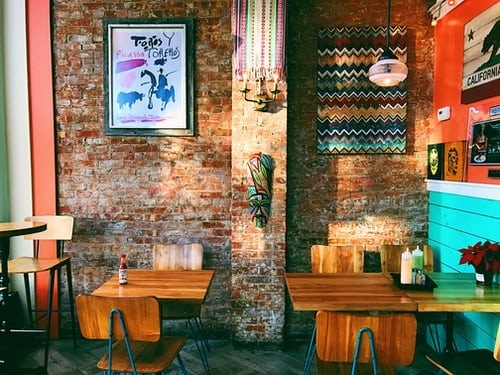
This virus has brought into sharp relief the dangers of an over-reliance on tourism. What we are witnessing are the devastating effects when an industry that supports almost the entire community collapses. Perhaps, when this is over the government, who has too long suckled on the bloated teat of tourism might take stock as, now they have a rare opportunity to extract themselves from the destructive cycles that so often afflict the industry, and do things differently.
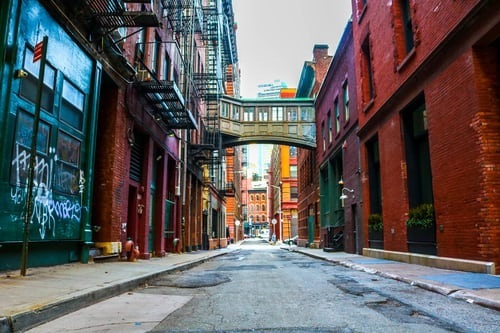
The income tourism generates is a bit like looking through the wrong end of a telescope as chasing short term gain allows a place to be taken over by tourism and in doing so distorts local development. Farmers, eager to sell their land to giant hotel chains for a one-off cash injection only to see that the price of crops they once grew on that self- same piece of land rise to levels far beyond their reach.
Water from the subaks (an ingenious centuries-old gravity-fed water system) is often diverted away from rice terraces to keep fairways and greens of golf courses in pristine condition, while the locals go short. Roads are paved as far as the imposing entrances to 5-star hotels but not to the schools or local markets. The rapacious subordination of a local economy to powerful, capricious, corporations has meant that tourism dependency has become something akin to aid dependency.

In 2019 the Indonesian government, recognizing the substantial income produced by just one of its 17,000 islands deduced that this formula could be replicated in ten strategic locations across the archipelago.
The idea is to replicate Bali's success by attracting millions of tourists to other areas of the country. With it will come the perils associated with over-tourism in the form of water shortages, mountains of rubbish, erosion of indigenous cultures and damage to sensitive marine ecosystems.
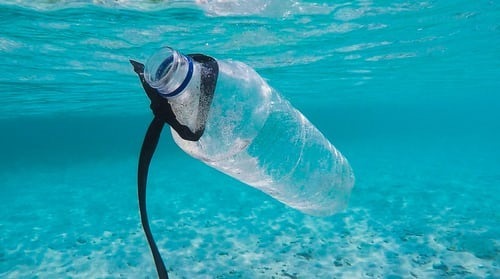
The island of Flores, with its proximity to the famous Komodo National Park, is a case in point. The jumping-off point for visitors to see the Komodo dragons up close and personal is from the port town of Labuan Bajo. A few years ago it was a small fishing village until almost overnight it became a 'gold rush' destination. Twenty- four hour a day construction is now the norm with developers racing to erect newer and bigger hotels, restaurants and bars to cater to the ever-swelling number of tourists.
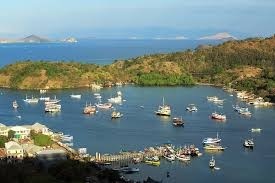
As visitor numbers to the islands have increased, so the dragon numbers have fallen. Their mating habits over a period of time were being disrupted by those 'up close and personal' visitors. Deer poaching has become rampant depleting the dragon's primary food source and overzealous logging has all but destroyed their habitat.
When in March 2019 forty Komodo dragons were stolen by smugglers, the governor of the province announced that the entrance fee to the park would rise from $12 to a staggering $500 per person to attract better, well-healed tourists and reduce the numbers. Then suddenly it was announced that the park would close altogether for the whole of 2020 to allow the island and its giant lizards and the environment to recover.
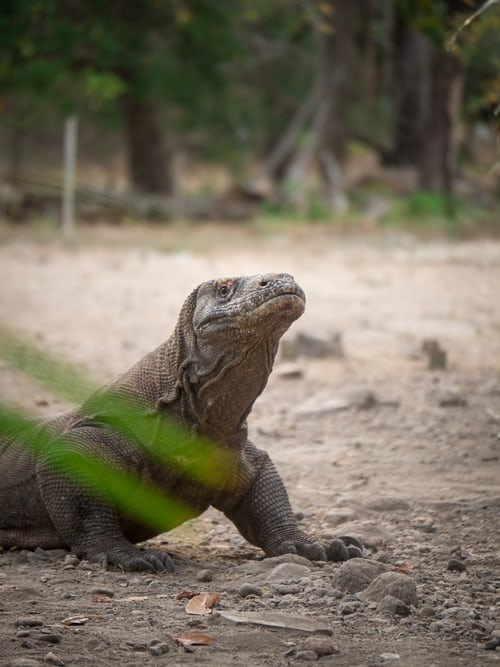
Naturally, there was a huge backlash from dive companies, hotels and restaurants as well as the local population who had become wholly dependent on tourism. The National Government intervened and scrapped the idea of closure until a suitable and less painful solution could be found.
Then, in February the virus arrived and is succeeding where the governor failed as the park is open to only but the fishing communities that inhabit it. The dragons now dine undisturbed on venison and fish, and according to the latest data, the numbers have shown a dramatic rise.
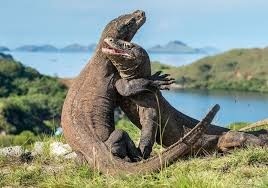
Indonesia's strategy is based on mass rather than elite tourism no doubt driven by the more than 2 million young people who join the labour market each year. Evermore tourists equal more jobs as a large influx of visitors requires more waiters, room attendants, taxi drivers and guides to cater to the visitor's needs.
Looking beyond our island paradise, we realize we are not alone as the world seems to have turned upside down and people have never felt more uncertain about their futures.
Life for a while threatens to be daunting due to the vertiginous changes the virus has brought to the daily lives of billions.
Fear of the virus itself is understandable, but it is the fear of the devastation it will leave in its wake that is even more terrifying. Nothing prepared us to make sense of what is happening or what might happen in the future, but this crisis may at least provide some much-needed reference points to plan for what lies ahead.
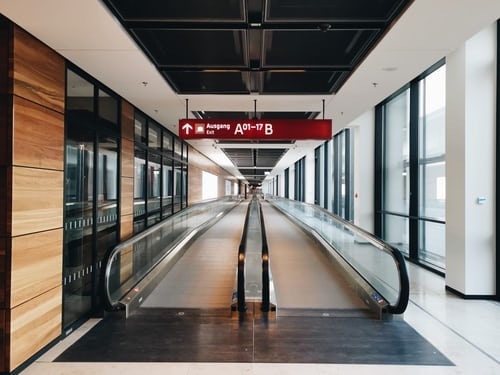
Already this pandemic has fast-tracked our thinking and catapulted us ten years into the future into an existence where there is no turning back. Video conferencing technologies have become the norm changing the way we do business and deliver education. A year ago the rule was, no phones in school and now suddenly the school is inside the phone!
Then, of course, there is travel which, as a travel writer has for many years has been one of my main sources of income. Now, airlines have been grounded, airports are virtual ghost towns and international long-distance travel is all but dead in the water - or the air for that matter. The collapse of the tourist industry has bankrupted hotels, taxi chains, bus operators, car rental agencies and some low-cost carriers. It has also thrown an estimated 100 million people out of work.
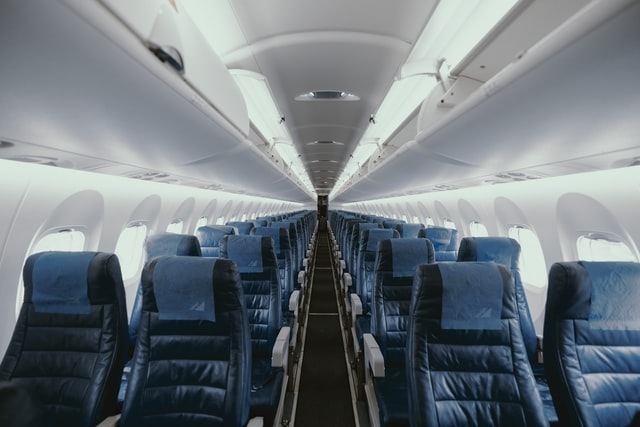
With uncertainty and fear hanging over the travel sector, no one quite knows how quickly tourism and business travel will recover. We will still fly as much, and what will the travel experience be like once new health security measures are in place? Will we be more fearful of crowded airports, planes, trains and buses? But we don't know, as for the time being vacations, business trips, weekend getaways, and family reunions are on hold until further notice.
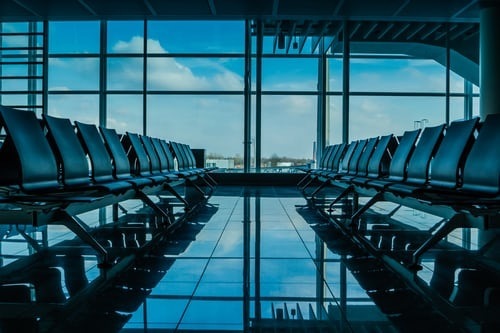
International and domestic travel will return, as not even the severest of viruses can expunge our curiosity; I have become a little homesick for places I have never before visited.
Destructive though it is and will continue to be for a while, the virus has offered us the opportunity to imagine a different world – one in which we begin to think differently. The disappearance of tourism hopefully will force the industry to discover ways in which it can diversify, maybe even lowering its dependency on the carbon-producing behemoth that is the aviation industry.
Tourism, after all, isn't a right it's a luxury that needs to start paying its way.
Bali, Indonesia. June 2020
Paul v Walters is the best selling author of several novels and short story anthologies. When he is not cocooned in sloth and procrastination in his house in Bali he writes for several leading travel publications around the world.
.
Artikel dari Paul Walters
Lihat blog
As my flight descends towards the city of Ambon, the islands of the Moluccas begin to appear across ...
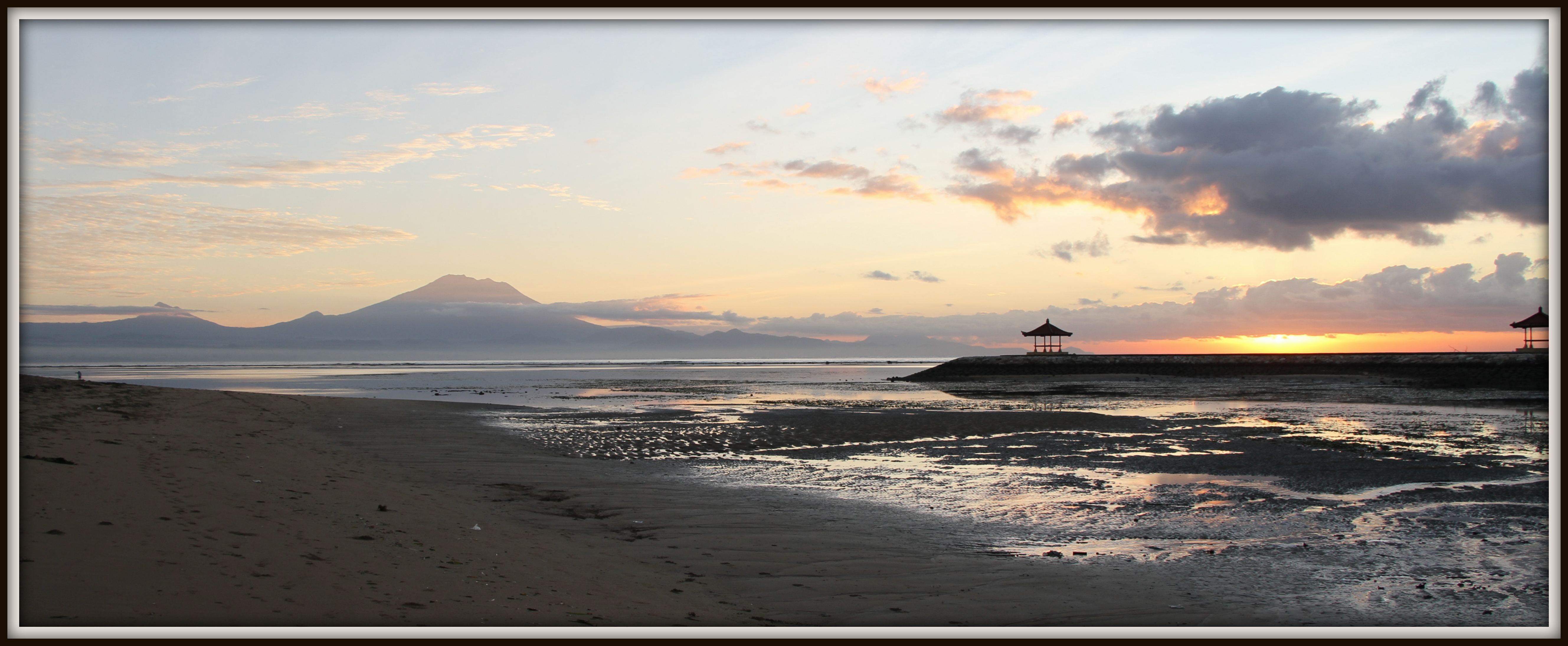
A thin cuticle of a new moon casts its weak light across the deserted port town of Padangbai on the ...

This very morning I received an email from my publisher, who kindly sends me quarterly updates regar ...
Profesional terkait
Anda mungkin tertarik dengan pekerjaan ini
-

Research and Projects Specialist
Ditemukan di: beBee S2 ID - 5 hari yang lalu
RGF HR Agent Recruitment indonesia - jakarta, Indonesia Permanent1. Gathering related information on law, regulation, and anything beneficial for strategic analysis of existing project and developing new geothermal business. 2. Supporting Management- Attending the meeting- Making report- Analyzing, reviewing, and modifying economic model- Anal ...
-

Engineering elektrical
Ditemukan di: beBee S2 ID - 3 hari yang lalu
Madca Kab. Gresik, Indonesia Waktu penuh1 Membuat perencanaan kegiatan operasional drawing.2 Mengatur kegiatan operasional drawing.3 Melaksanakan kegiatan operasional drawing.4 Membuat gambar-gambar kerja sesuai pengarahan Engineer proyek dan schedule yang ditetapkan.5 Memeriksa kesesuaian gambar for construction dari ...
-

Project Officer
Ditemukan di: Manatal GBL S2 T2 - 13 jam yang lalu
MyRobin Sidoarjo, IndonesiaJobdesc: · 1. Berkoordinasi dengan Project Manager untuk kerbelangsungan dan perkembangan Project · 2. Menjalin relasi dan komunikasi dengan klien, mitra, dan komunitas sekitar · 3. Mengakuisisi, mengolah, dan menganalisis data Ketenagakerjaan dari Mitra · 4. Mendesain serta menj ...

Komentar
Paul Walters
3 tahun yang lalu #20
Harvey Lloyd Intriguing response. Thanks for stopping by
Paul Walters
3 tahun yang lalu #19
Robert Cormack Wise words as always. Thanks for stopping by
Paul Walters
3 tahun yang lalu #18
Lada \ud83c\udfe1 Prkic How right you are !! I was in Croatia last year after an absence of several years. Havar was a circus of 18 - 25-year-olds having a damn fine time but quite frankly there were far too many of them. All money in the bank for the country but crowds like that drive the high spending tourists scurrying to a new destination to populate! Thanks as always for stopping by
Paul Walters
3 tahun yang lalu #17
Ali \ud83d\udc1d Anani, Brand Ambassador @beBee. Thank you, liked the field analogy
Paul Walters
3 tahun yang lalu #16
Ian Weinberg With 5 strains of dengue we have a ways to go. I'm two up with a bout three years ago however your COVID trumps my hand of dengue
Ian Weinberg
3 tahun yang lalu #15
Been there, done that, got the T-shirt. What should we try now Paul Walters ?
Paul Walters
3 tahun yang lalu #14
Paul Walters
3 tahun yang lalu #13
Ian Weinberg We can only hope !! Have you recovered? if so look forward to a rollicking post about the symptoms, the treatment and the recovery
Ian Weinberg
3 tahun yang lalu #12
Paul Walters
3 tahun yang lalu #11
better than yours I should imagine
Lada 🏡 Prkic
3 tahun yang lalu #10
Ali Anani
3 tahun yang lalu #9
Ali Anani
3 tahun yang lalu #8
Robert Cormack
3 tahun yang lalu #7
Harvey Lloyd
3 tahun yang lalu #6
Paul Walters
3 tahun yang lalu #5
Don Philpott\u2618\ufe0f Have you considered seeking help ?
Ken Boddie
3 tahun yang lalu #4
Jerry Fletcher
3 tahun yang lalu #3
Paul Walters
3 tahun yang lalu #2
Paul Walters
3 tahun yang lalu #1